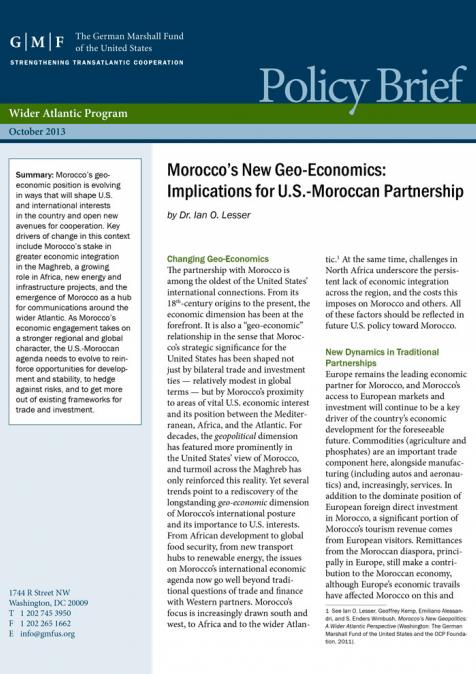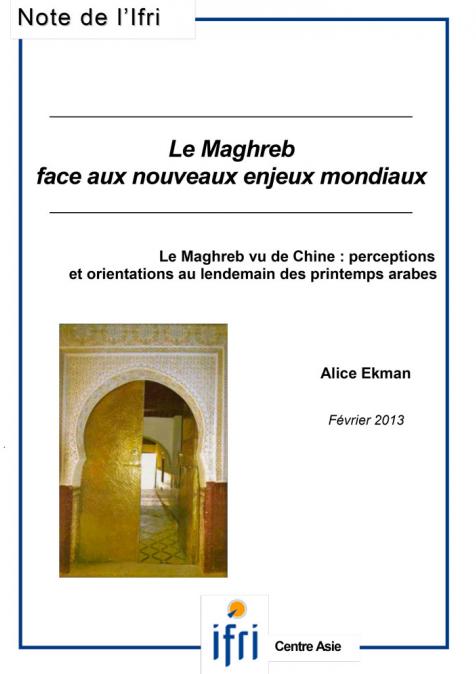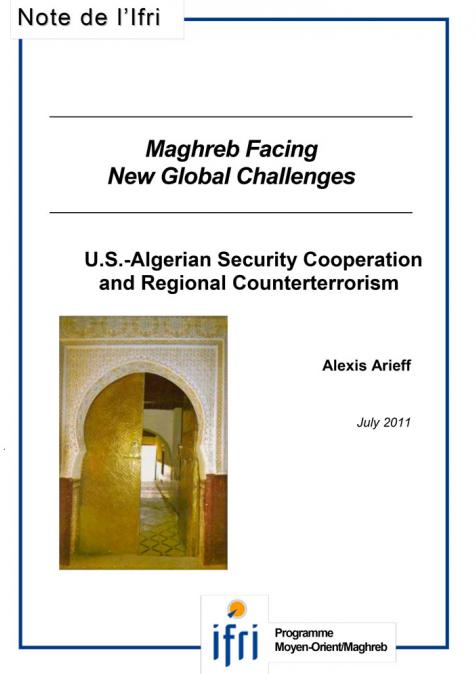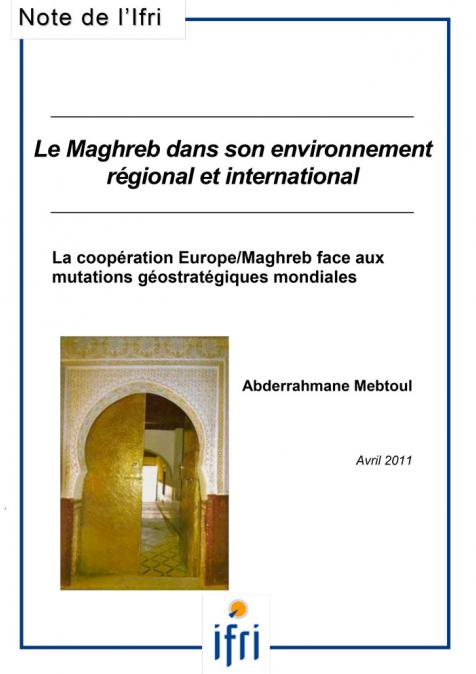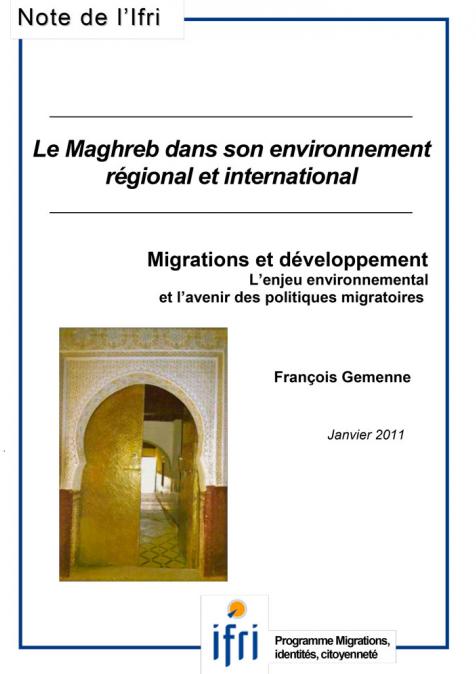Publications /
Policy Paper
The United States and Europe share a common interest in addressing the growing terrorist threats from North Africa. The emergence of ISIL as a force in the region — notably in Libya, but also in Egypt and to a lesser degree in Tunisia, Algeria, and Mali — is cause for genuine concern. The ISIL challenge is compounded by the persistence of older terrorist organizations, both local ones such as the region’s various Ansar al Sharias as well as al Qaeda in the Islamic Maghreb (AQIM), al Qaeda’s local affiliate. Even though ISIL has suffered a blow thanks to the efforts of multiple actors to dislodge it from its safe haven in Sirte, along the Libyan coast, its potentially large number of remaining fighters continue to threaten regional security — as evidenced by the massive U.S. airstrike conducted on a rump ISIL battalion south of Sirte on January 19, 2016, rumored to be retaliation in part for the December 2016 Christmas market attack in Berlin. ISIL and other groups also continue to threaten U.S. and European regional interests, while contributing to Europe’s migration crisis via the central Mediterranean route. As of today, North Africa’s terrorist groups are a clear challenge for transatlantic security, even as other issues in the Levant and Eastern Europe soak up the bulk of policymakers’ attention.



